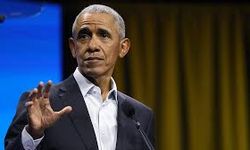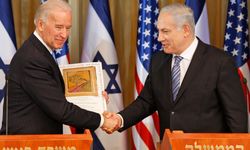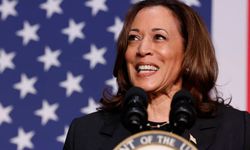Dressed brightly in a red-and-white star jacket, Melinda Tourangeau waited anxiously at Grill 603, a casual diner in small-town New Hampshire, for a U.S. presidential candidate not named Donald Trump.
Tourangeau, 57, who lives in Milford, was "reluctantly forced to vote for Trump" in 2016 and 2020, she said. "I had to check my morals at the door."
But this time around, she's supporting Nikki Haley. "She's been all over the state meeting people, and when she meets you and you meet her, you feel elevated, you feel like you're a better person after meeting her. And her platform is brilliant - clear, concise, cogent - and she intends to do everything she says. She's the right candidate.
Whether that's a minority view or indicative of shifting tectonic plates among New Hampshire Republicans will be put to the test in Tuesday's first-in-the-nation primary. It comes a week after Trump's record-setting victory in the Iowa caucuses over Ron DeSantis, the governor of Florida, and Haley, a former U.S. ambassador to the United Nations.
In half a century, no candidate who has won both Iowa and New Hampshire has failed to secure his party's presidential nomination. A Trump victory here would likely seal the deal and set up a rematch with Democrat Joe Biden in November.
But if Iowa played to Trump's strengths among evangelical Christians and rural conservatives, New Hampshire is a different story. Its voters pride themselves on an independent streak - the state motto is "Live free or die" - and tend to be wealthier, more educated and less religious. Both states are about 90 percent white.















